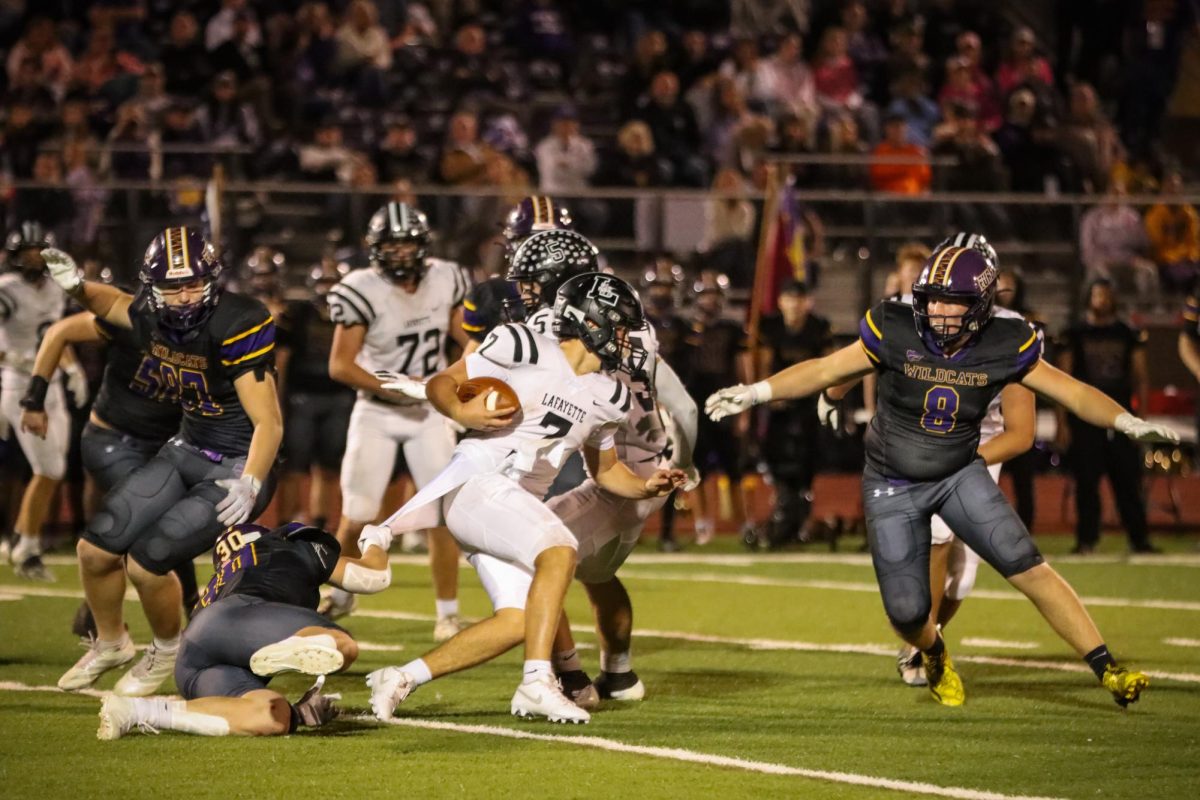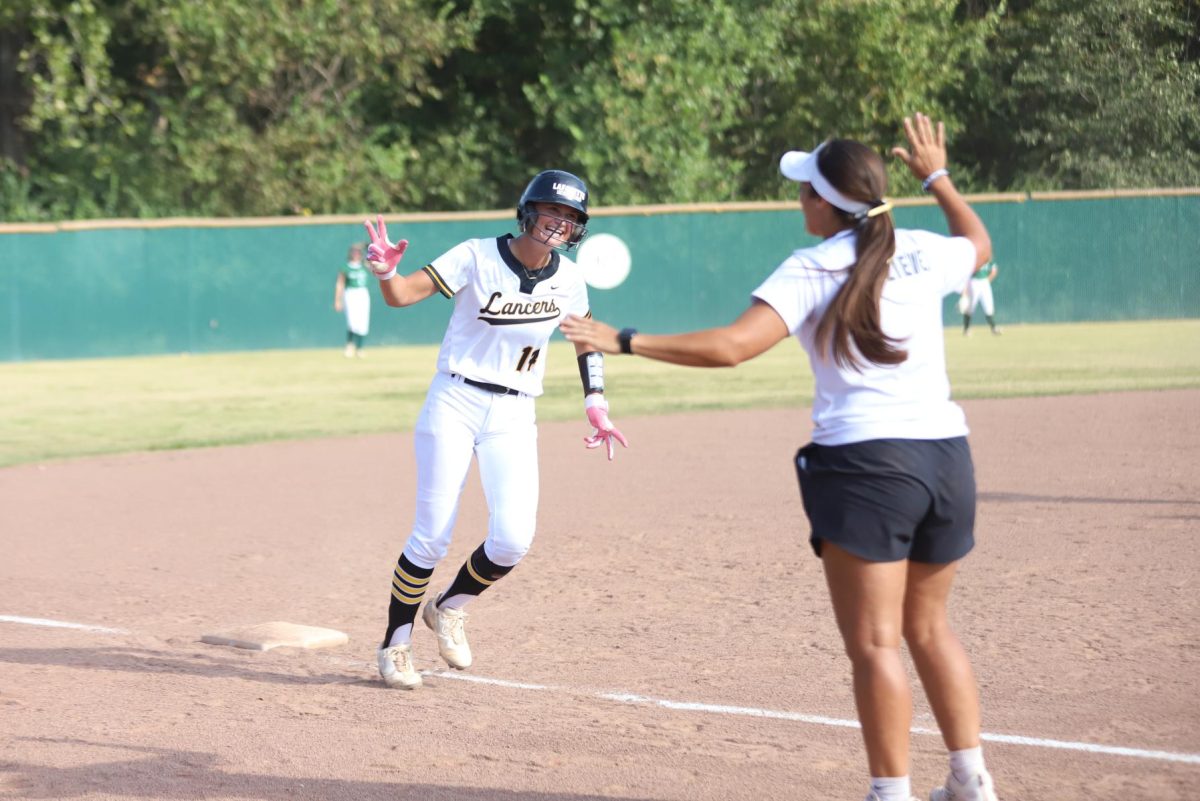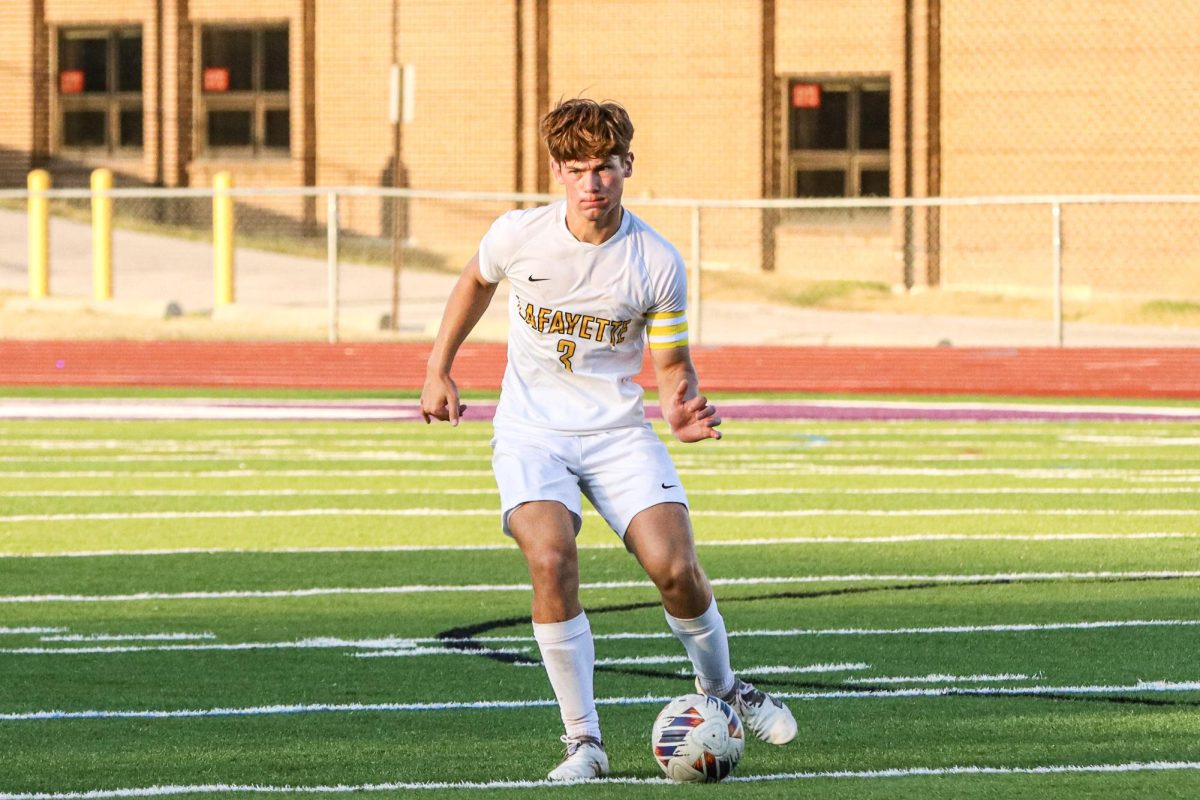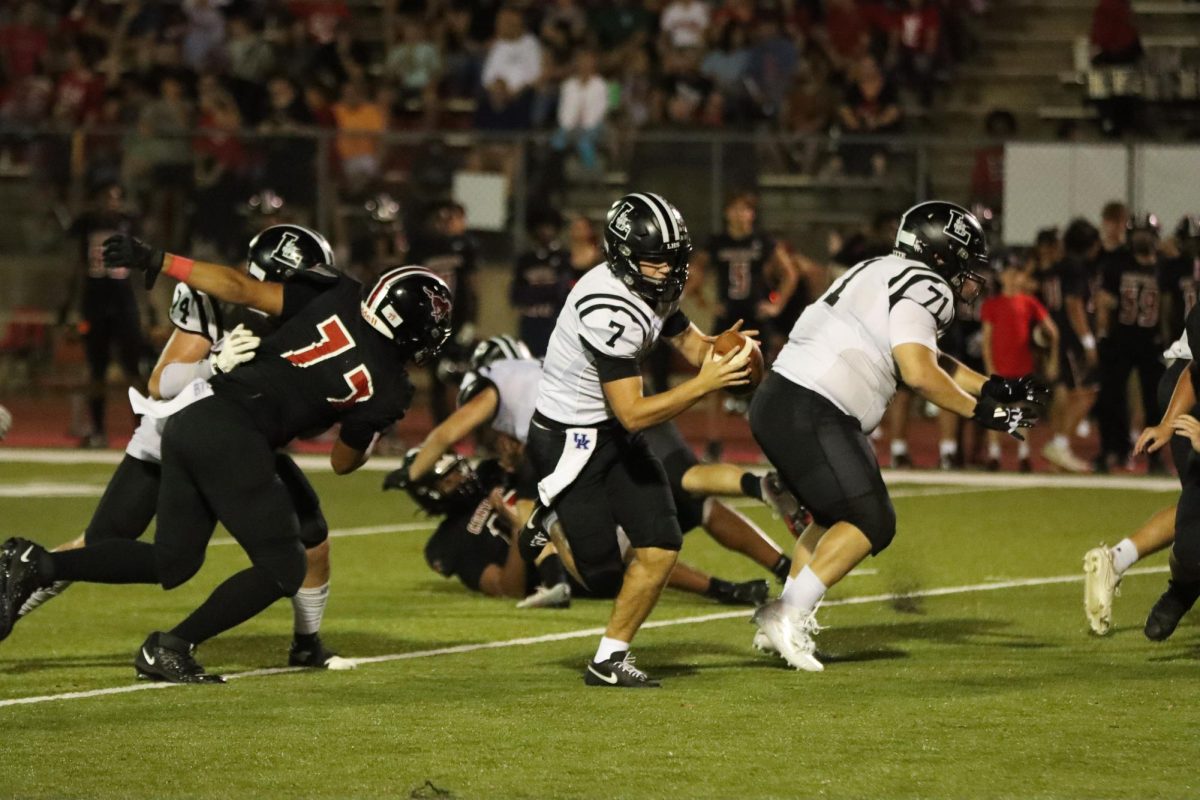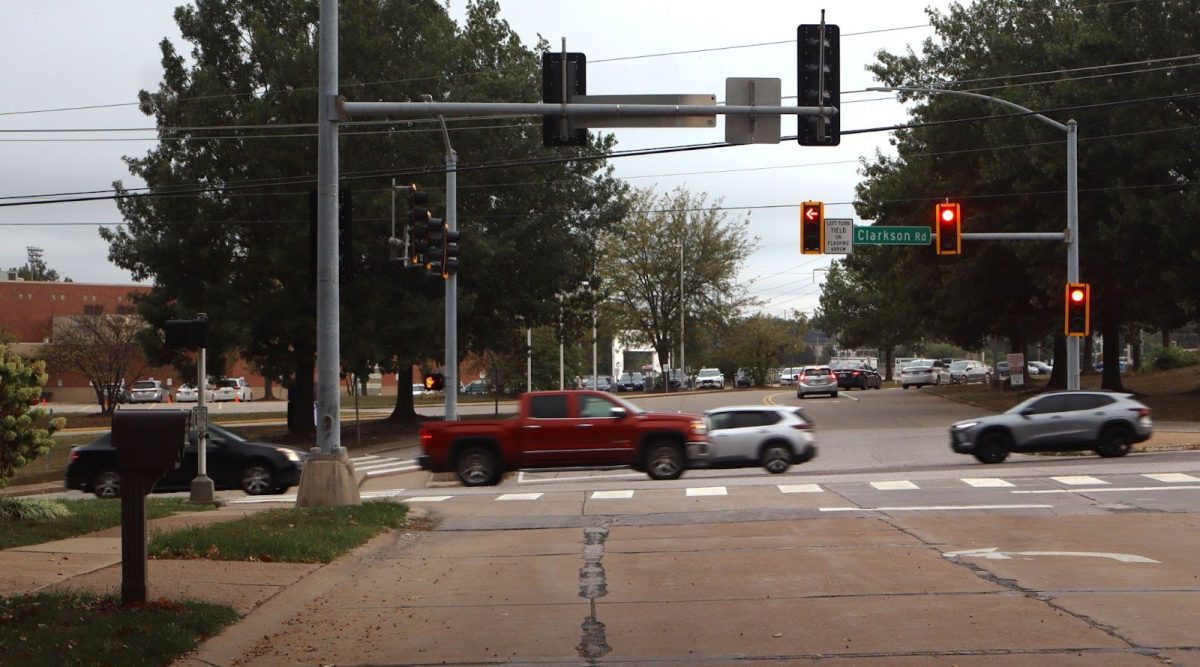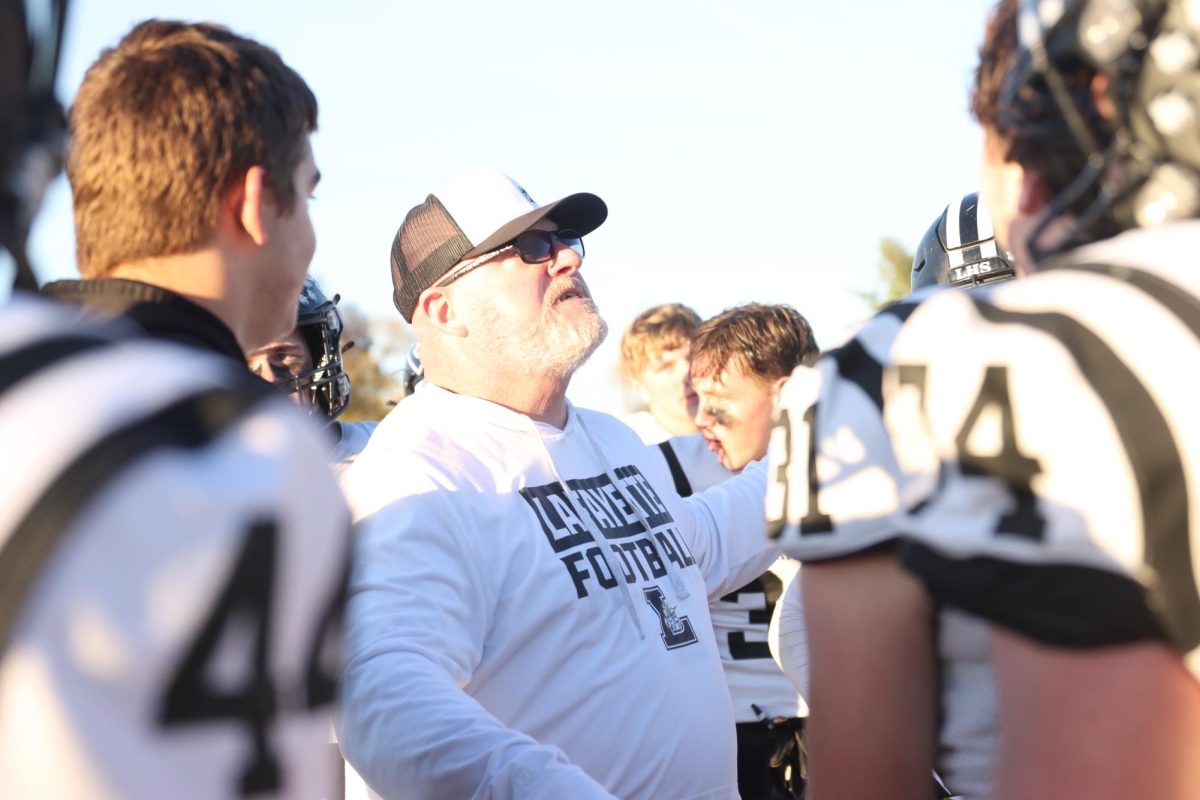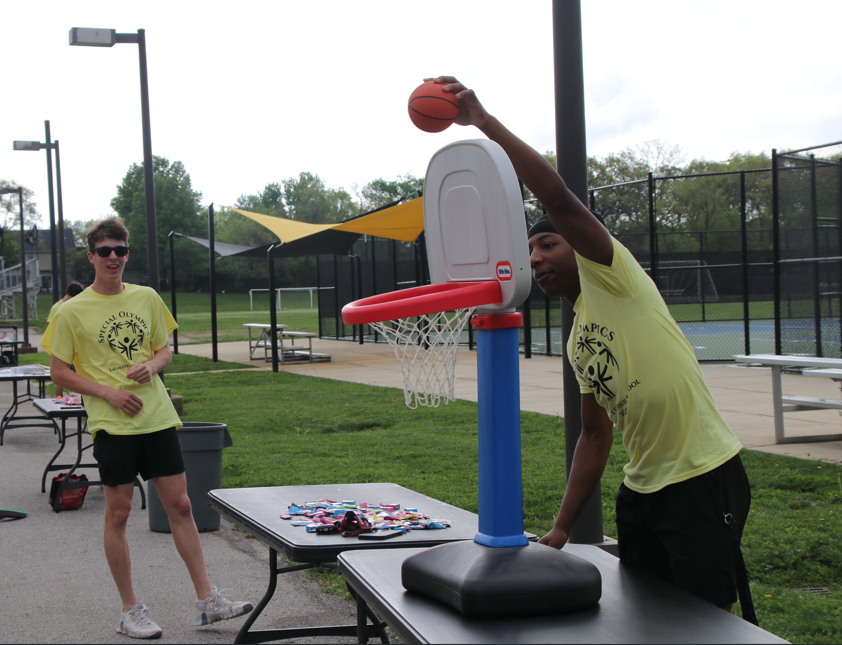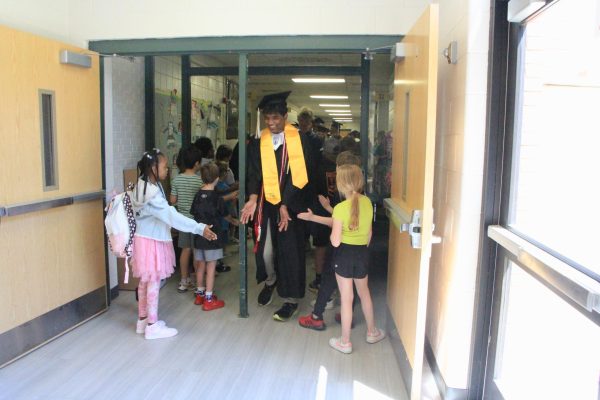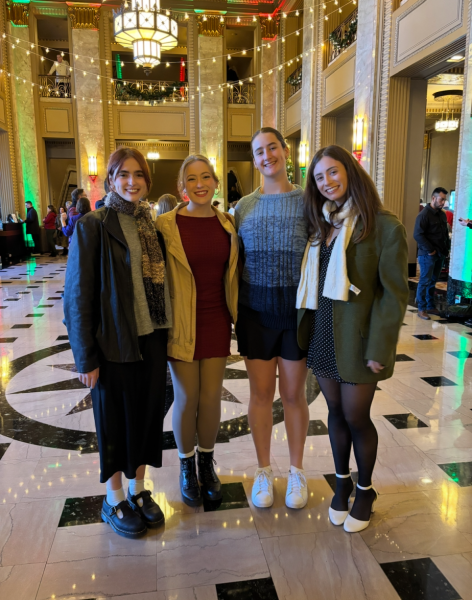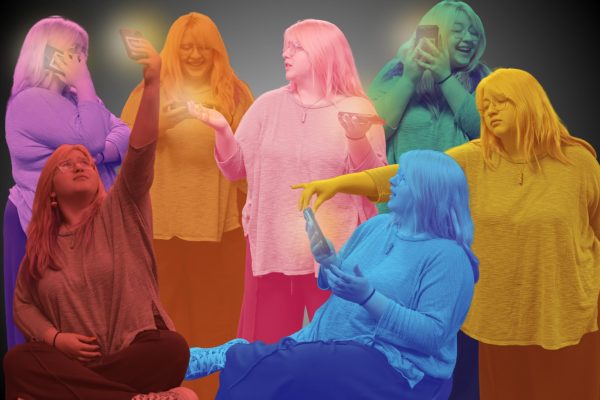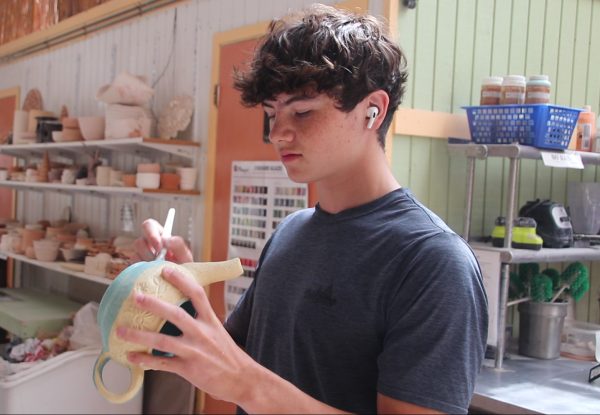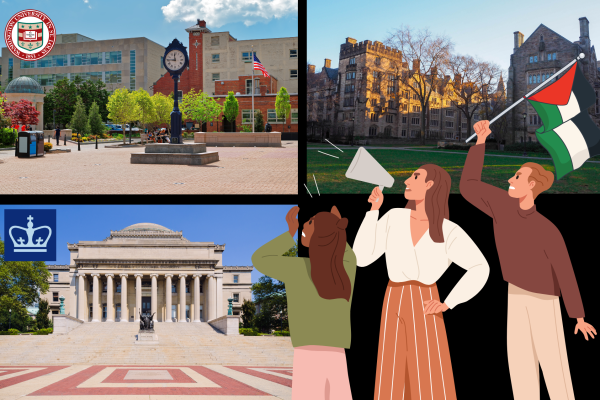Czech, Please!
Palecek shares experiences living in Czech Republic
Kathleen Palecek is a traveling English for Speakers of Other Languages (ESOL) teacher. She comes to Lafayette during the evenings to teach English to students of foreign background. The English language plays a critical role for these students to assimilate into the American society.
Originally from St. Louis, Palecek attended Parkway West High School and went to St. Louis University for a degree in history. It was this passion for history that led her to live in the Czech Republic.
“I went there in 1992 when I was 22 years old, and I just finished university. In my head, my plans were [to] move to Czech Republic [and] learn Czech because I loved the Czech history. I loved Czech literature [and] everything about the revolution and their human rights movements. They had the whole underground culture during communism. That’s what I really wanted to focus on, so I thought I would go in there and learn the language,” Palecek said.
Although Palecek estimated her stay to be a year of learning the language, it turned out to be an eighteen-year experience. The barrier to fluency was higher for the Czech language than any other languages she learned in school.
“I was taking Spanish and French in school, and I thought a year should be good to learn a language. But, Czech is actually a very difficult language. Much more so than the other languages. After a year, I wasn’t anywhere fluent, but I had really fallen in love with it and I didn’t want to leave, so I stayed,” Palecek said.
As a young, foreign student, Palecek faced difficulties in her work, too. She began teaching English at a local high school there.
“When I first went [to Czech], I lived in a city called Pilsen, which is a large industrial town. At first in the high school, it was really strange and difficult because I was 22 and I’m very small,” Palecek said. “People were always thinking that I was a student, and I didn’t speak the language very well. I got yelled at in the hallway, ‘Go back to class!’ I wouldn’t really know what they were saying. But then, I learned the language and got better.”
In Pilsen, she married her husband, and they decided to move to a small town called Hořovice. This small town offered her new experiences than the big, industrial setting of Pilsen.
“[Hořovice] is halfway between Pilsen and Prague. It only had 7,000 people in it. It was a very small town. I lived there about 12 to 14 years. I had two children born there. My two oldest children were born in Czech, Nickolas and Kamila. They grew up in Hořovice,” Palecek said.
After moving, she decided to open a language school of her own in her home. Her teaching career expanded here as she had students ranging from small children to adults.
“When I lived in Hořovice, I opened my own language school, and I had a classroom in my house. I taught groups of kids and adults. Most of the people I taught were grade school and high school [students] and then adults who needed English for their jobs,” Palecek said. “My youngest student was two years old. His parents used to bring him over, and he would stay with us for an hour. I just played with him and spoke English to him.”
Even outside the boundaries of work, Palecek stayed active in building relationships with the Czech people. There were still cultural barriers she needed to overcome despite her effort.
Palecek said, “Czech people aren’t quite as friendly and open as American people. In this small town I was living in, I was the only American. I could speak Czech, but everyone in this town was all born there and lived there the whole lives. Most of the people I made friends with were actually people who weren’t from Hořovice but had just also moved there. But, I did have a couple really good friends there.”
In midst of this life in the Czech Republic, the idea of moving back to the United States continually rang in her. The education of Czech Republic differed greatly than the one in the United States, which proved to be more challenging for an American mom living there.
“Czech has a very different system of education. Kids take a test after fifth grade, and, depending on how well they do in this test, it sets them on a track either to go to college or go into more trades skills. They don’t offer anything like ESOL in Czech, so I had a hard time as a parent helping my kids with their homework,” Palecek said.
She moved back to the United Staes in the year of 2010. The education of her two children was the biggest factor that drove this change.
“I was concerned as they got older: ‘Would they actually be able to go to college?'” I thought maybe it was better to come back here and have them go to school here, [so] they are definitely able to go to college,” Palecek said.
After returning, Palecek decided to find a new job as an ESOL teacher. After few more years of study in this field, she started working for the St. Louis Public Schools in the city and moved to Rockwood three years ago.
“I went back to school, and I did an intensive master’s and teaching certification program at Maryville University. Then, I did my ESOL graduate certification, and I got a job in St. Louis Public Schools in the city,” Palecek said. “I worked three years at the school for refugees and the immigrants in the city, teaching social studies. Then, I got a job here, and this is my third year at Rockwood.”
As Palecek looks back, she credited pioneering a new life in a foreign land for the various viewpoints she was able to obtain as a self that is more aware of the global society.
Palecek said, “It will open your eyes to so many things you didn’t think about before. You’ll view yourself in your own country very differently when you step outside your country and look at it from another view. I think in America it’s such a large country that we are very centered around America here. When you leave America and look at it from the outside, you realize that even though we are so large and powerful, we are just one country. It gives you a different vision.”
Your donation will allow our student journalists to continue their work. You may become a PATRON by making a donation at one of these levels: White/$30, Black/$50, Gold/$100. Patron names will be published on the website and once per quarter on our social media accounts.






